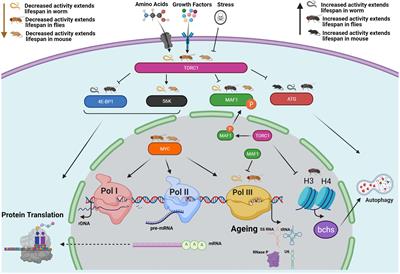HYPOTHESIS AND THEORY
Published on 09 Jun 2022
Semelparous Death as one Element of Iteroparous Aging Gone Large
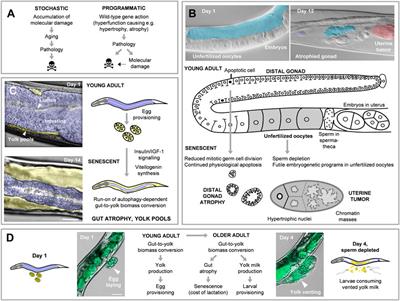
doi 10.3389/fgene.2022.880343
- 3,682 views
- 10 citations
11k
Total downloads
58k
Total views and downloads
HYPOTHESIS AND THEORY
Published on 09 Jun 2022

OPINION
Published on 24 Nov 2021
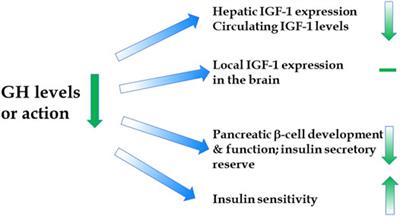
REVIEW
Published on 12 Nov 2021
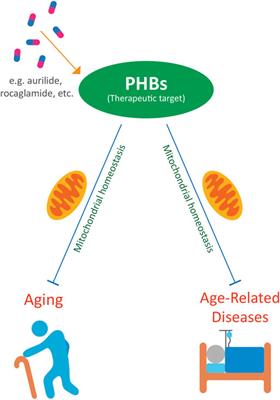
CORRECTION
Published on 02 Sep 2021
REVIEW
Published on 26 Aug 2021
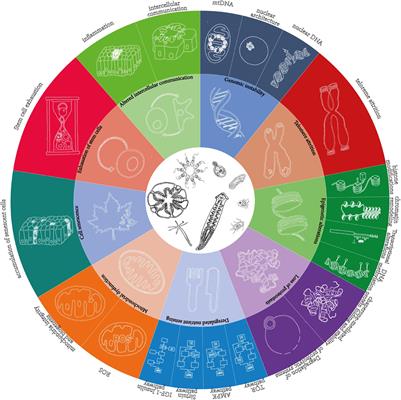
ORIGINAL RESEARCH
Published on 09 Jul 2021
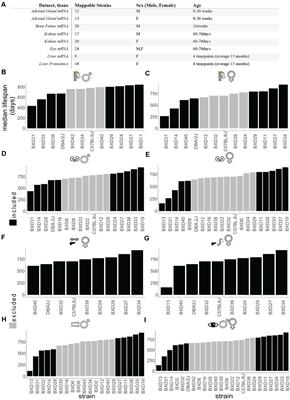
MINI REVIEW
Published on 06 Jul 2021
